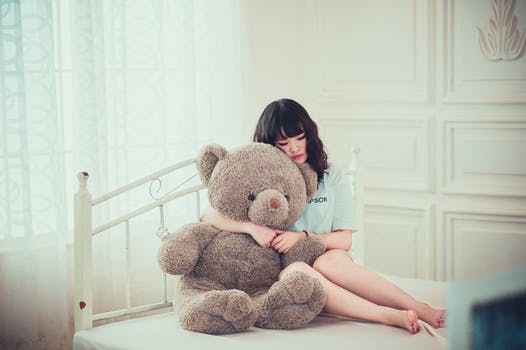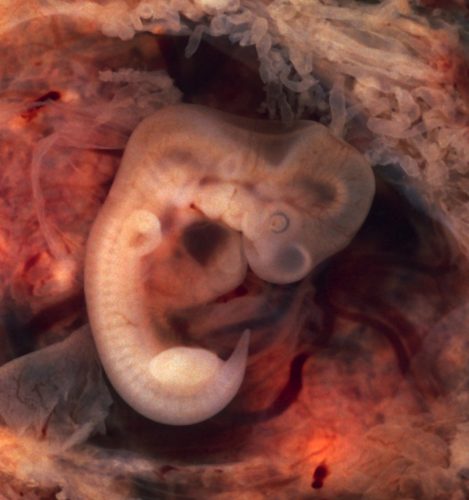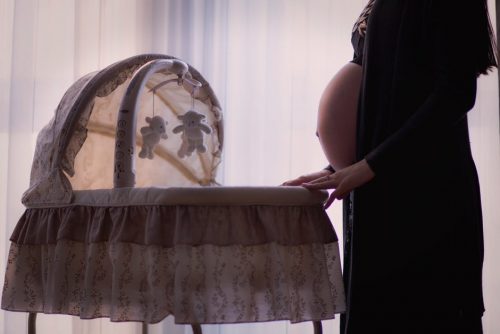“Despite how common miscarriage is, women often experience the loss in silence,” said Alicia Del Prado Ph.D., a licensed counseling psychologist. When sadness can no longer describe the feeling of losing a baby, miscarriage can lead women to a more complex part of grieving – depression. Devastation is a more likely match to explain how the loss of a child feels appropriately. Nevertheless, the suffering that one feels after a stillbirth or miscarriage is normal.
But, when does one draw the line between sadness in grieving and depression? How far can melancholia go to be considered pathologic and be the primary cause for concern?

Source: pexels.com
When Sadness Becomes Depression
Miscarriage is defined as the unexpected, abrupt loss of a pregnancy that did not reach the 20th week. Majority of miscarriages happen during the first trimester due to the following reasons:
- Genetic or chromosomal issues
- Health conditions experienced by the mother like diabetes or infections like STD
- Hormonal problems involving the adrenal or thyroid glands
- Autoimmune disorders
The loss that is associated with the spontaneous, unwanted abortion is so devastating to couples, especially to women that it usually leads to depression.

Source: wikepedia.com
Questions That Prompt Counseling
The moment you feel like diving into a bottomless, dark pit with no hopes of a reprieve, it usually is a cause for concern. There are a couple of questions that you need to ask yourself if you are pondering about airing your grievances to a therapist.
- Am I Displaying Depressive Symptoms?
To know if you have signs of clinical depression, reflect on the following factors:
- Constant feeling of emptiness, worthlessness, and hopelessness
- Changes in sleep pattern and appetite
- Less or no interest in activities once enjoyed
- Agitation and difficulty concentrating
- Fatigue
- Recurrent thoughts of suicide
- When Did The Miscarriage Happen?
Grief and depression are said to have similar signs and symptoms. For women who have experienced recent miscarriages, the overwhelming feeling stays with you for a period but eventually, they can cope and move on with their feelings of despair. Depression, on the other hand, is more pathological and lasts for months which can go on for years.
- Is Your Relationship Compromised?
Constant bickering and arguing after miscarriage is a sign that you and your partner are undergoing severe emotional turmoil that requires therapeutic intervention. “First we must acknowledge that some anger is a valid, necessary, appropriate and unavoidable human emotion,” wrote Stephen A. Diamond, PhD. Problems that have erupted after the loss of pregnancy and has persisted overtime may severely affect your relationship.
- Do You Have The Urge To Seek Professional Help?
If so, then you should immediately schedule a meeting with your therapist. Not only are your mental and physical health at risk, but emotional strife can also jeopardize a meaningful relationship. When you feel like everyone’s opinions are no longer working out for you, it’s best to get advice from an expert.

Source: pexels.com
Moving Forward With Counseling
Recovering from depression that is primarily caused by miscarriage can take time to heal. But with a capable support system coupled with antidepressant medications, psychotherapy, and other forms of treatment, results can be promising. By sticking to the therapeutic plan, eating healthy meals, getting adequate sleep, and exercising, depressive symptoms can eventually be alleviated.
Karen Kleiman MSW, LCSW, wrote, “[W]hen a woman endures the pain of disconnection from her baby, or fails to meet the expectations dictated by her critical mother, or can’t face her own reflection in the mirror because she has lost touch with the soul within—it’s hard for her to know where to turn.”
It is also important to emphasize that miscarriages not only affect the mother alone; remember, couples are most affected by the loss of a child. Therefore, counseling is highly beneficial for couples who are going through a rough time dealing with their depression.
